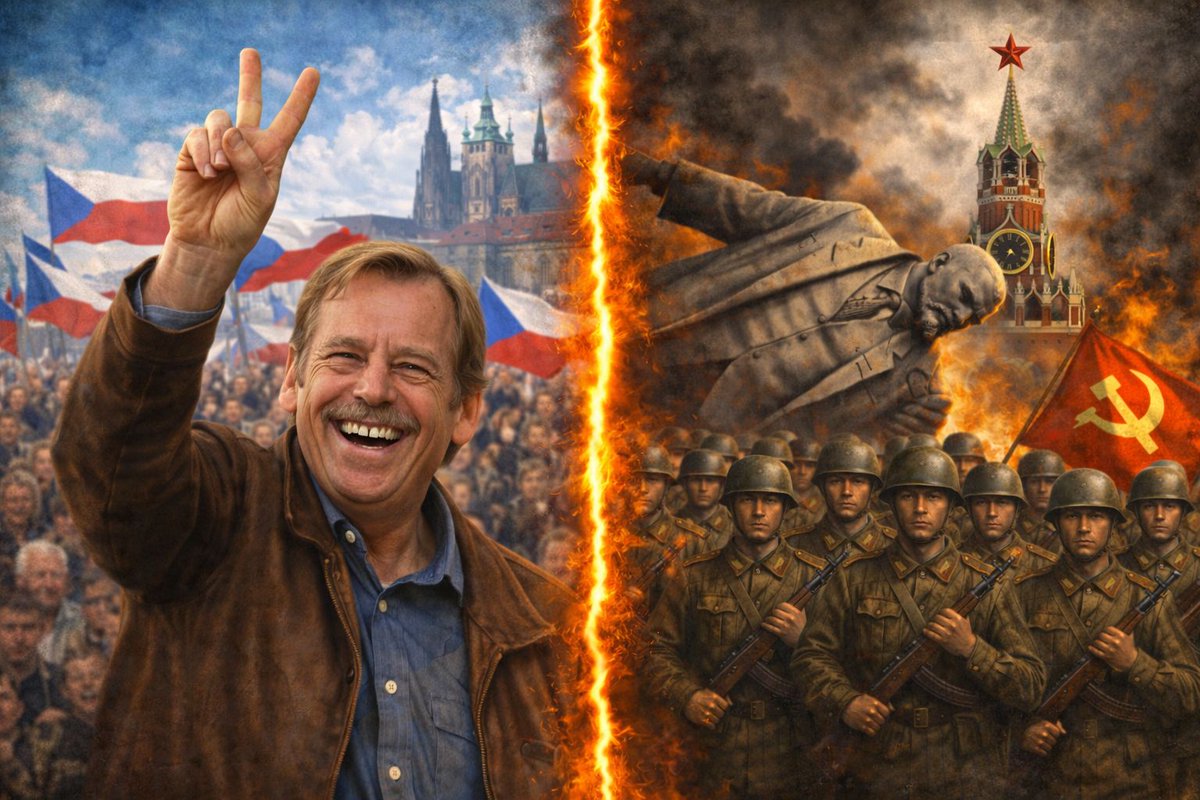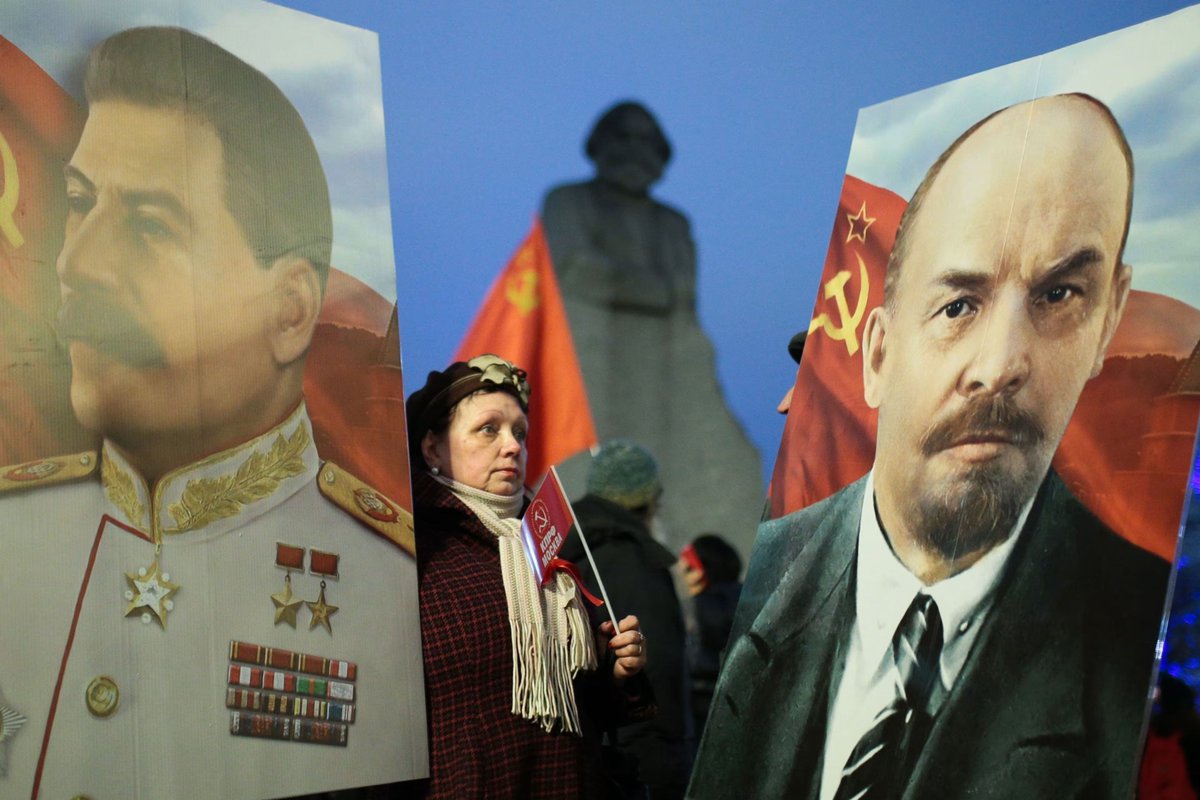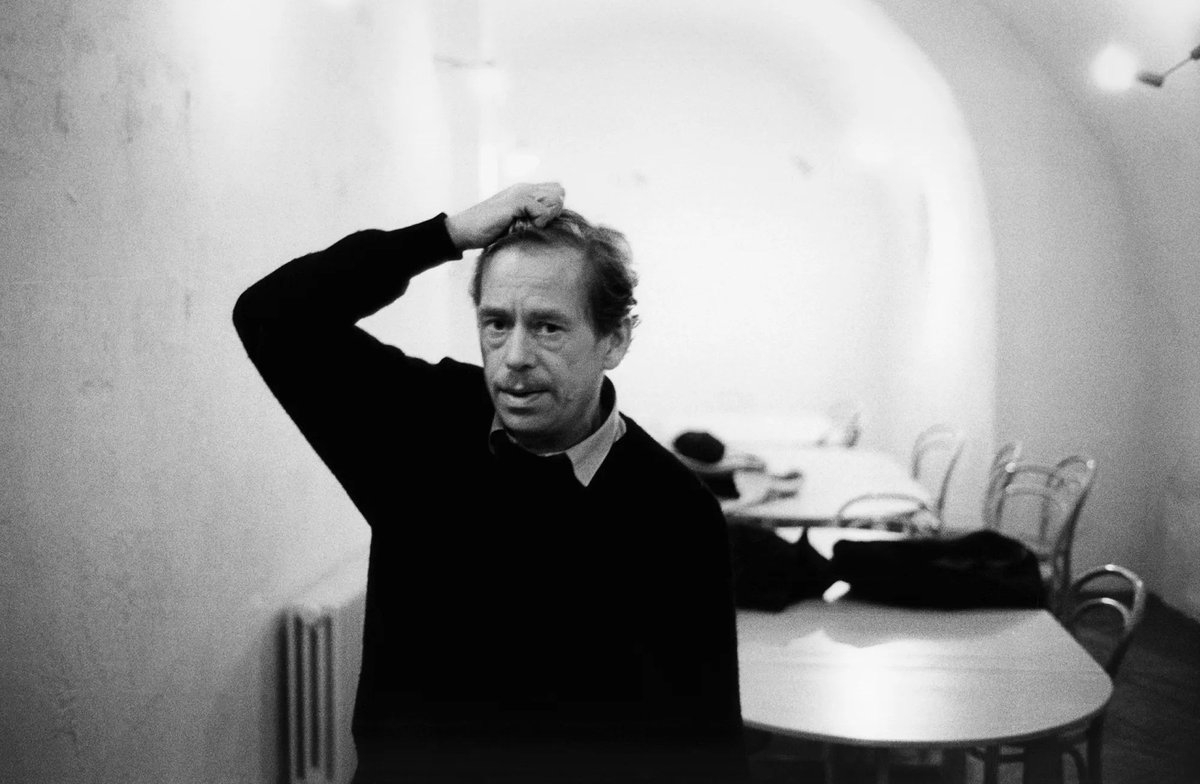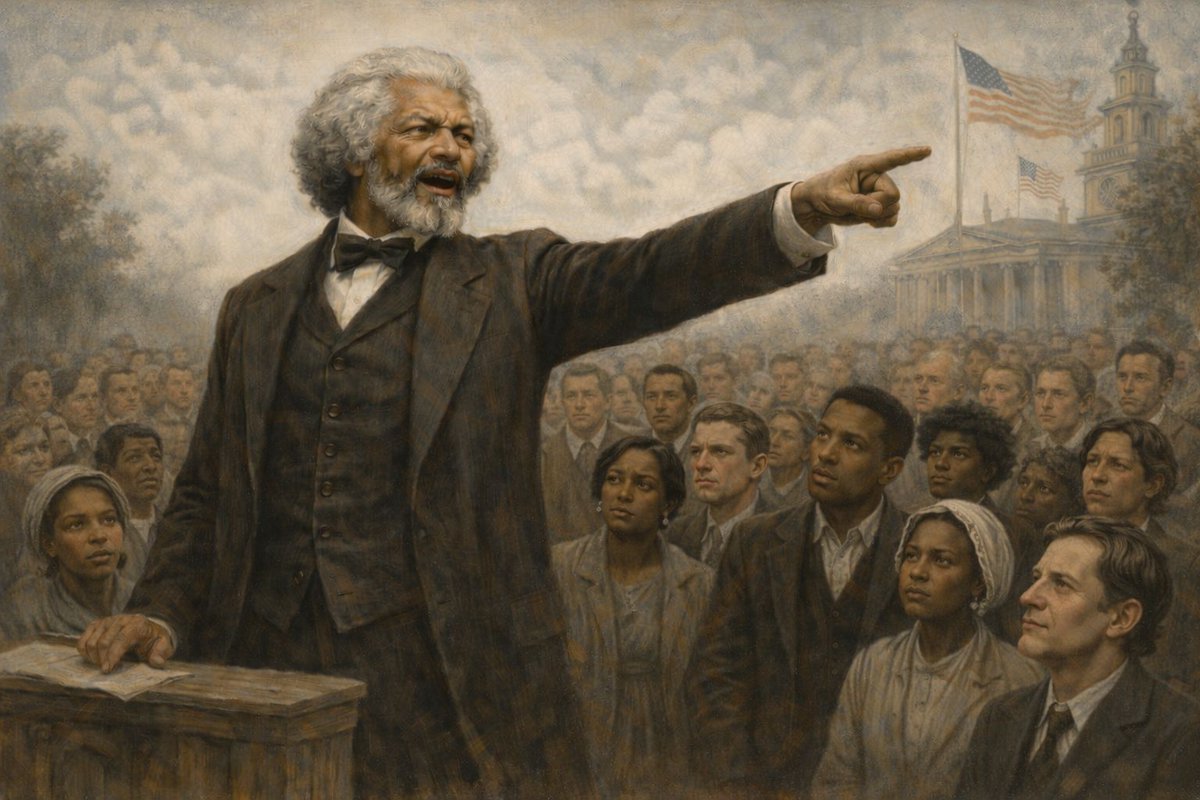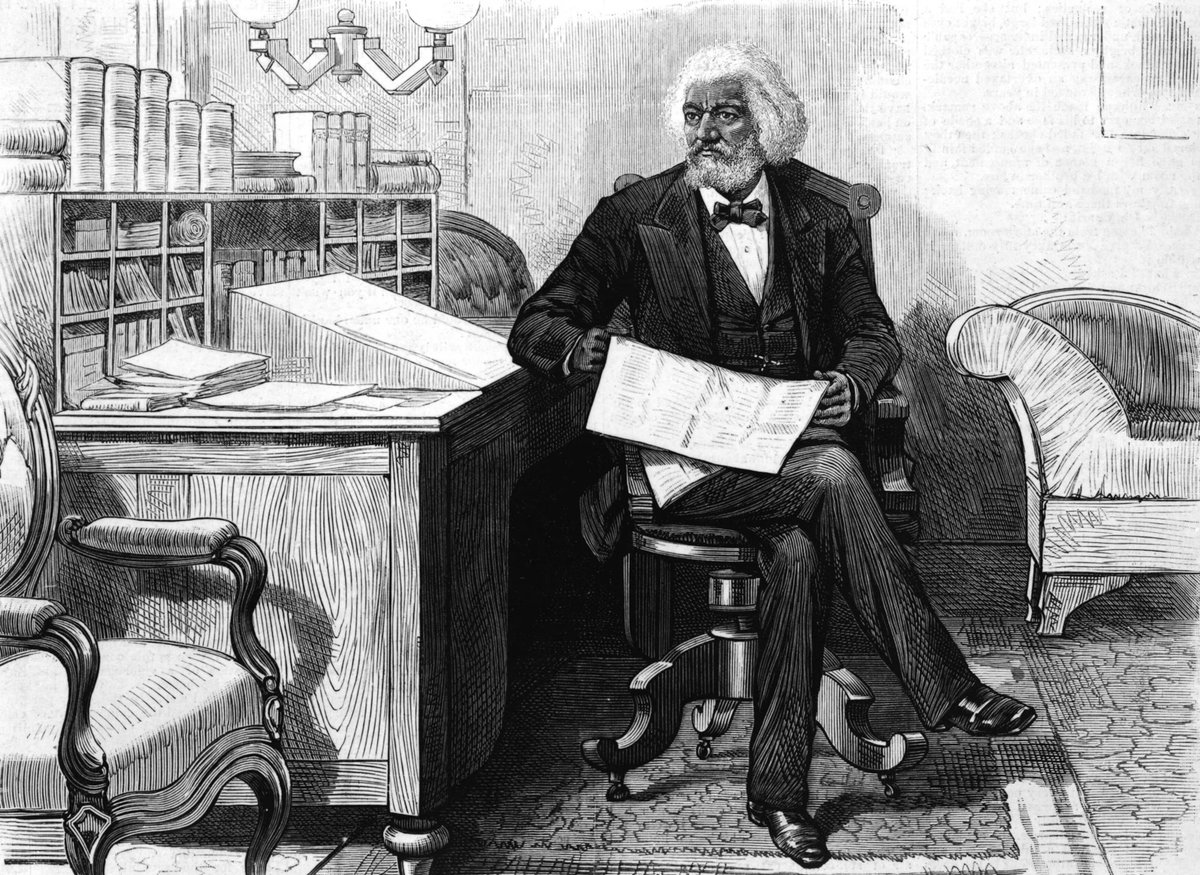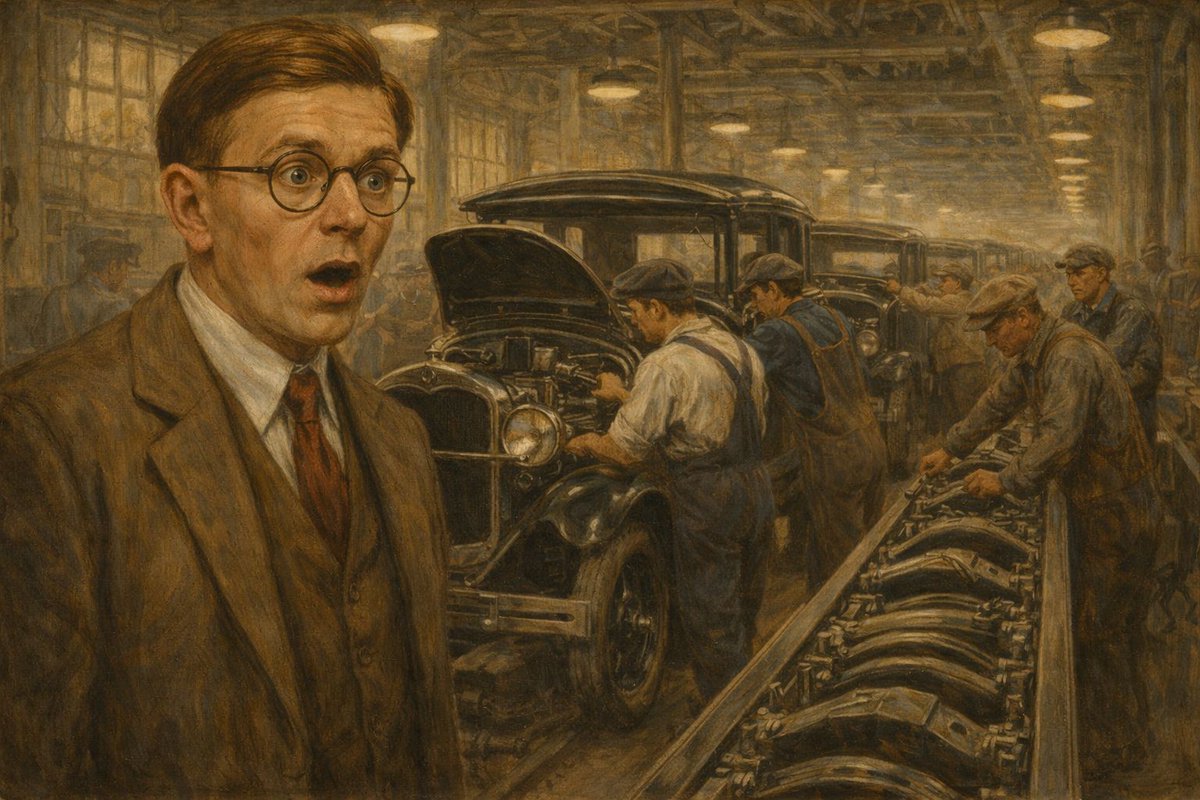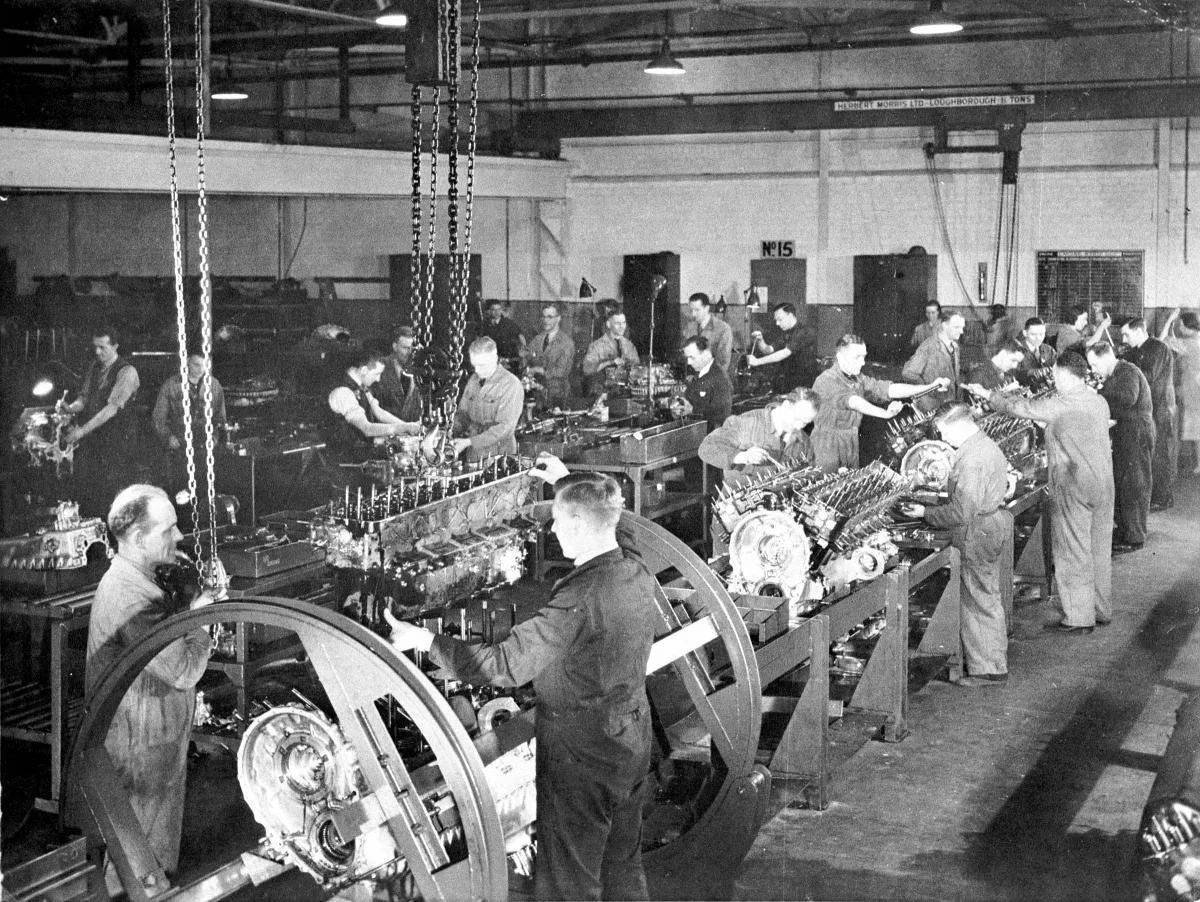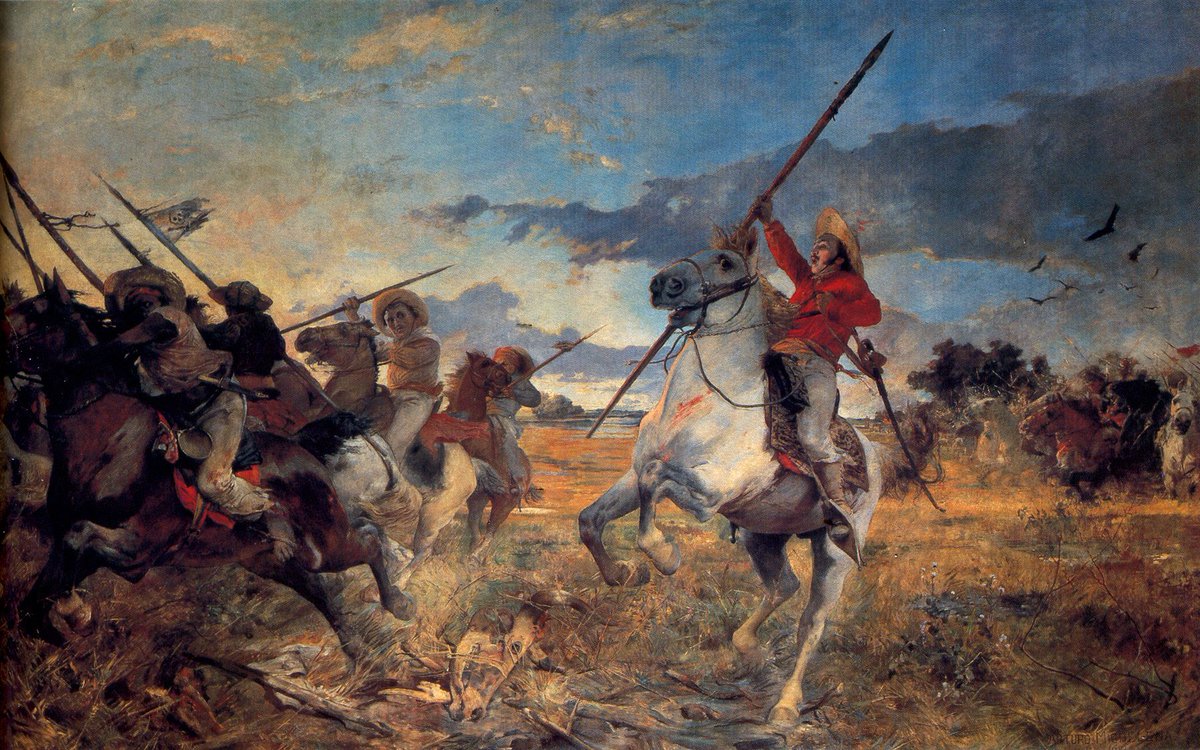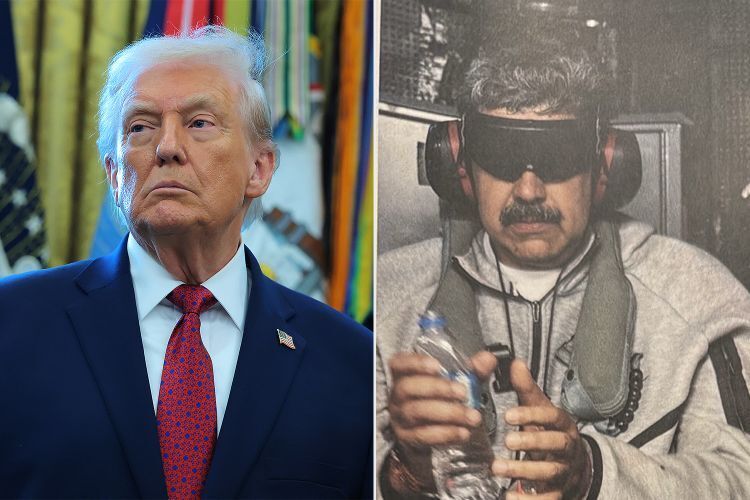In 1991, Milton Friedman made predictions about the War on Drugs that sounded completely insane at the time.
33 years later, every single one came true with terrifying precision.
Here's how a Nobel laureate saw what nobody else could: 🧵
33 years later, every single one came true with terrifying precision.
Here's how a Nobel laureate saw what nobody else could: 🧵
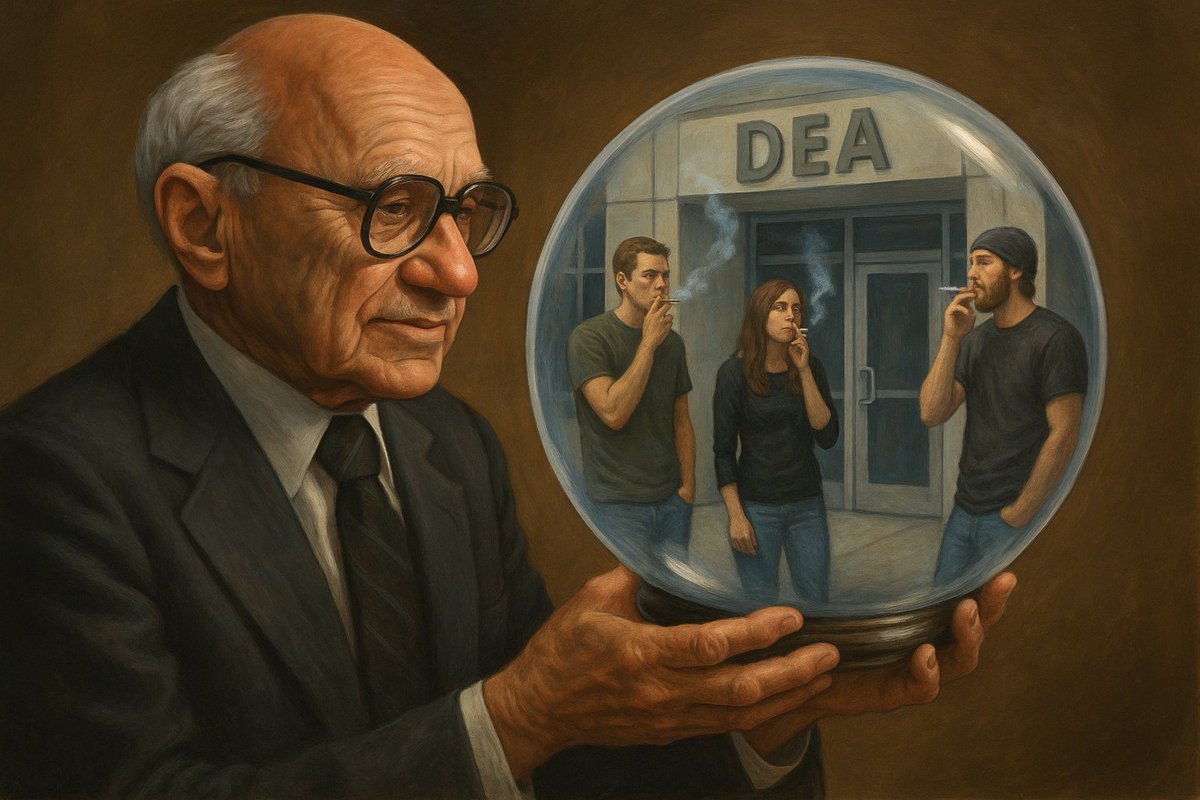
Politicians called him a radical. The DEA dismissed his warnings. Mainstream economists said he was out of touch with reality.
But Friedman understood something they didn't: economics doesn't care about good intentions.
But Friedman understood something they didn't: economics doesn't care about good intentions.
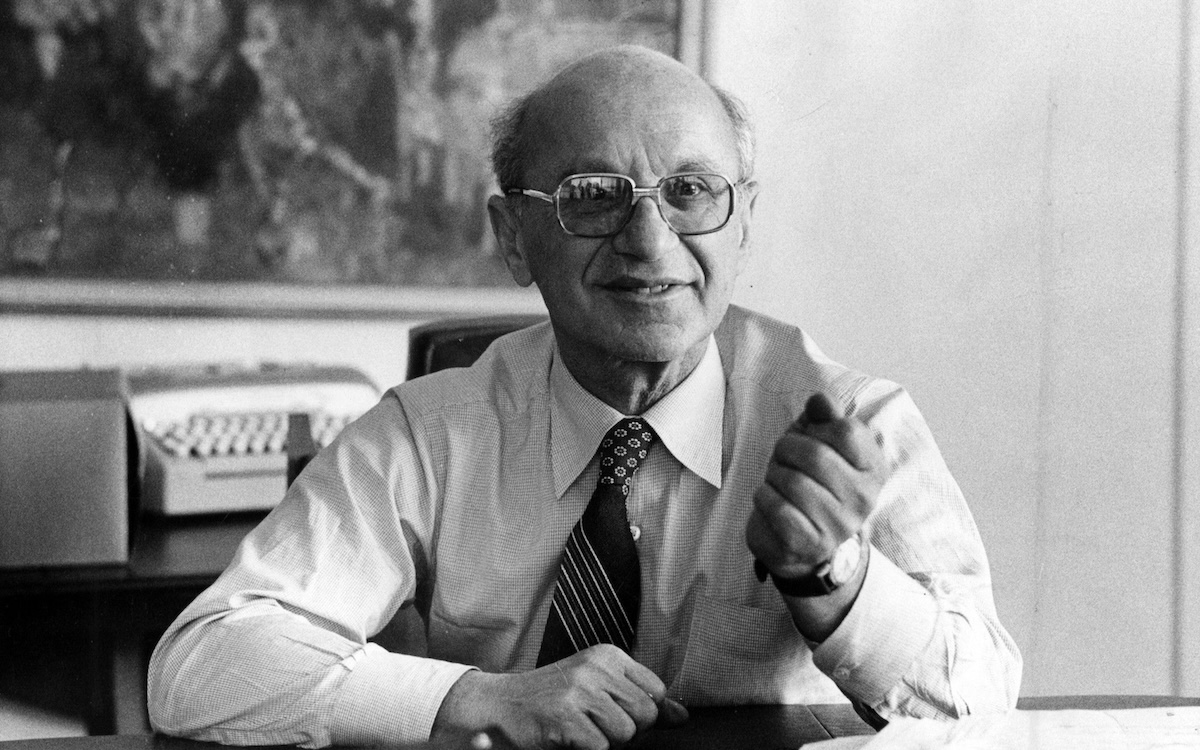
Friedman's first prediction was the most counterintuitive: "The government is basically protecting the drug cartels."
Wait, what? How does fighting drugs help the bad guys?
His economic logic was devastating...
Wait, what? How does fighting drugs help the bad guys?
His economic logic was devastating...

"In any normal business—potatoes, cars, whatever—thousands of people can compete. But drug prohibition makes it so expensive and risky that only the biggest, most sophisticated criminals can survive."
Prohibition wasn't fighting cartels. It was creating them.
Prohibition wasn't fighting cartels. It was creating them.

What actually happened? Drug cartels now control over $150 billion annually. The Sinaloa Cartel alone makes more money than Netflix, Starbucks, and Nike combined.
Friedman saw this coming three decades ago.
Friedman saw this coming three decades ago.
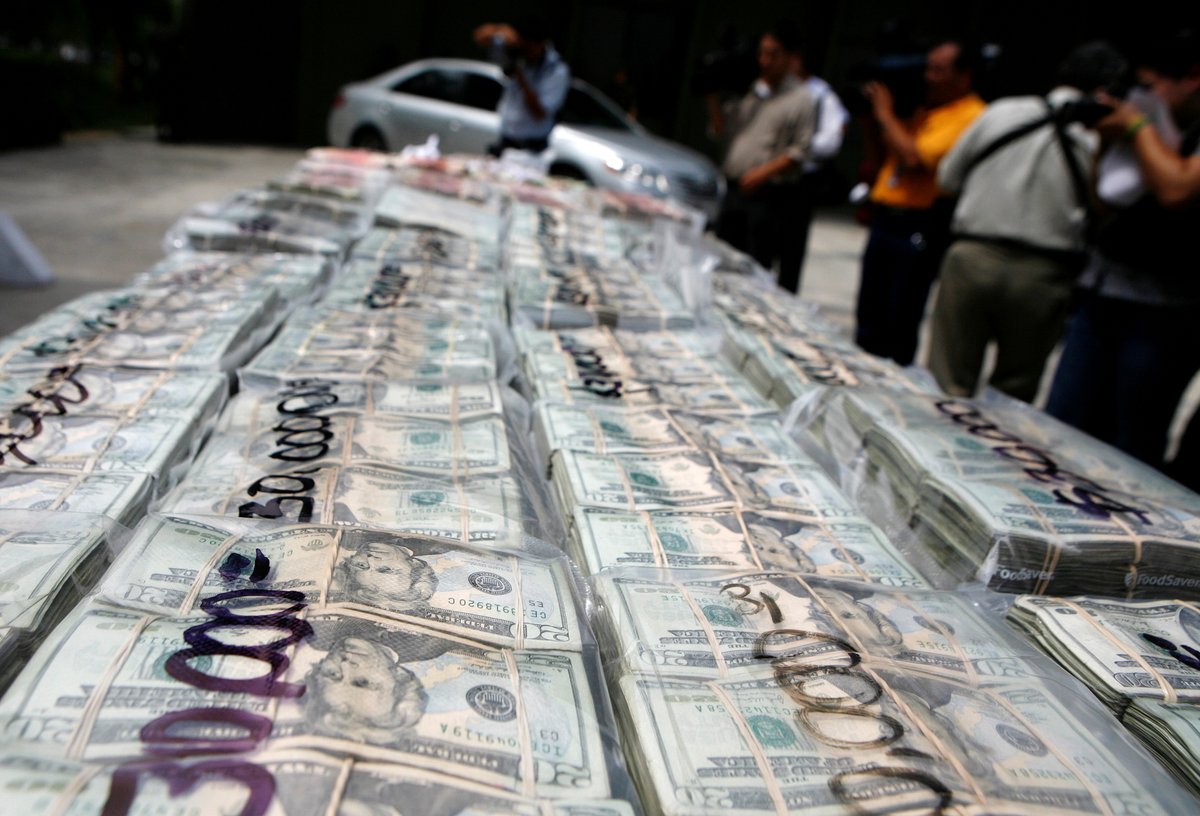
His second prediction was just as wild: "Prohibition will push people from mild drugs to dangerous ones."
The reasoning? When authorities crack down on bulky, less potent substances, dealers shift to compact, concentrated alternatives that are harder to detect.
The reasoning? When authorities crack down on bulky, less potent substances, dealers shift to compact, concentrated alternatives that are harder to detect.

What happened? The DEA's crackdown on prescription opioids created exactly what Friedman predicted. When legitimate pain clinics shut down, users turned to street alternatives.
Enter fentanyl—50 times more potent than heroin, easier to smuggle, and infinitely more deadly.
Enter fentanyl—50 times more potent than heroin, easier to smuggle, and infinitely more deadly.

But his most insightful analysis was about crack cocaine: "Crack would never have existed without prohibition."
His logic? Prohibition made powder cocaine so expensive that dealers desperately needed a cheaper way to package it.
His logic? Prohibition made powder cocaine so expensive that dealers desperately needed a cheaper way to package it.

Crack had appeared in the mid-1980s, and by 1991 Friedman could see the pattern clearly. Dealers created something more addictive and destructive just to reach lower-income markets.
Prohibition didn't stop cocaine. It spawned something worse.
Prohibition didn't stop cocaine. It spawned something worse.

Friedman also made a darker prediction: "American drug policy will lead to thousands of deaths and enormous loss of wealth in countries like Colombia, Peru and Mexico."
He saw that America's failed enforcement would export violence abroad.
He saw that America's failed enforcement would export violence abroad.
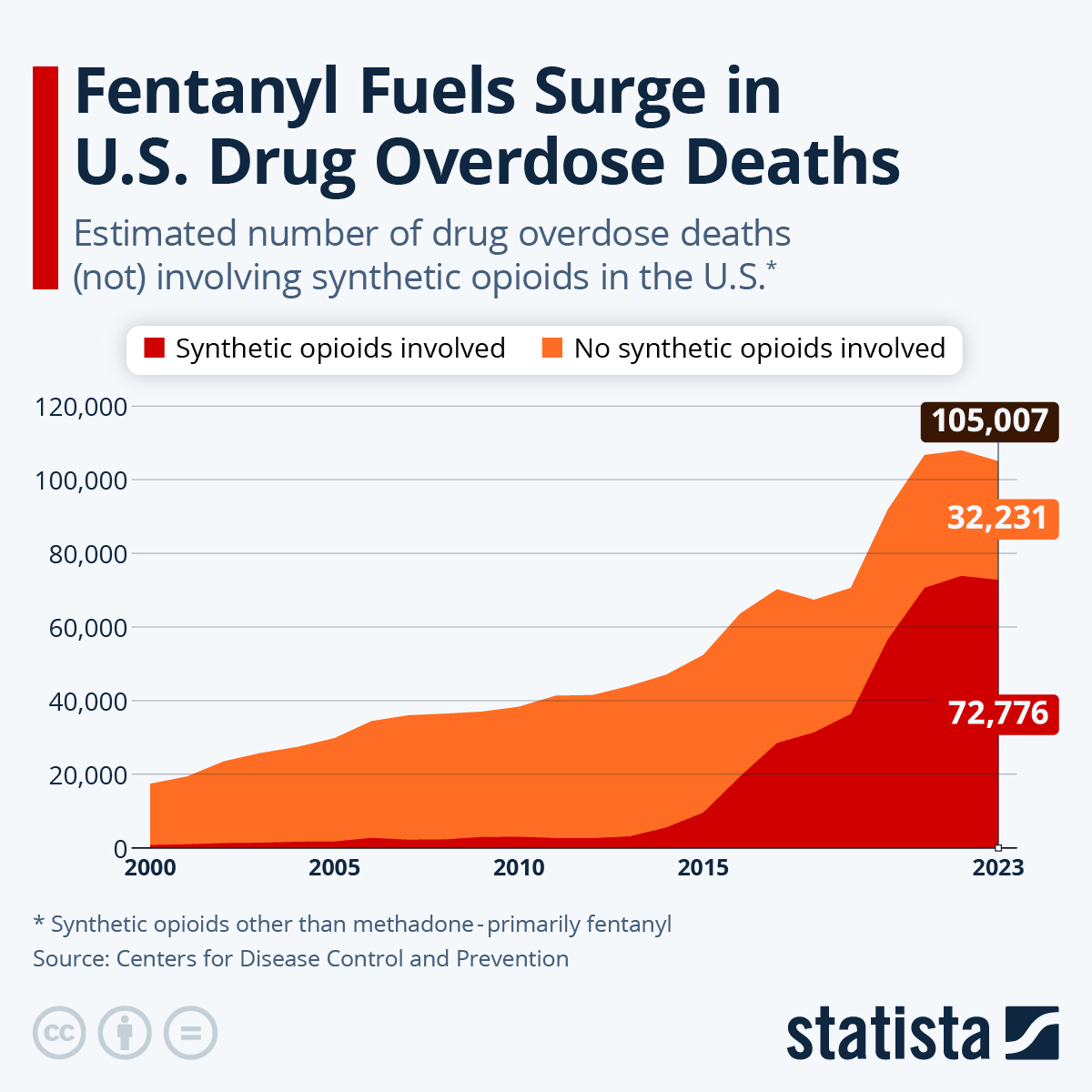
What happened? The American drug war has destabilized entire regions. Colombia alone has seen over 220,000 deaths in drug-related conflicts since the 1980s. Mexico's death toll exceeds 350,000.
America exported its policy failure as violence.
America exported its policy failure as violence.
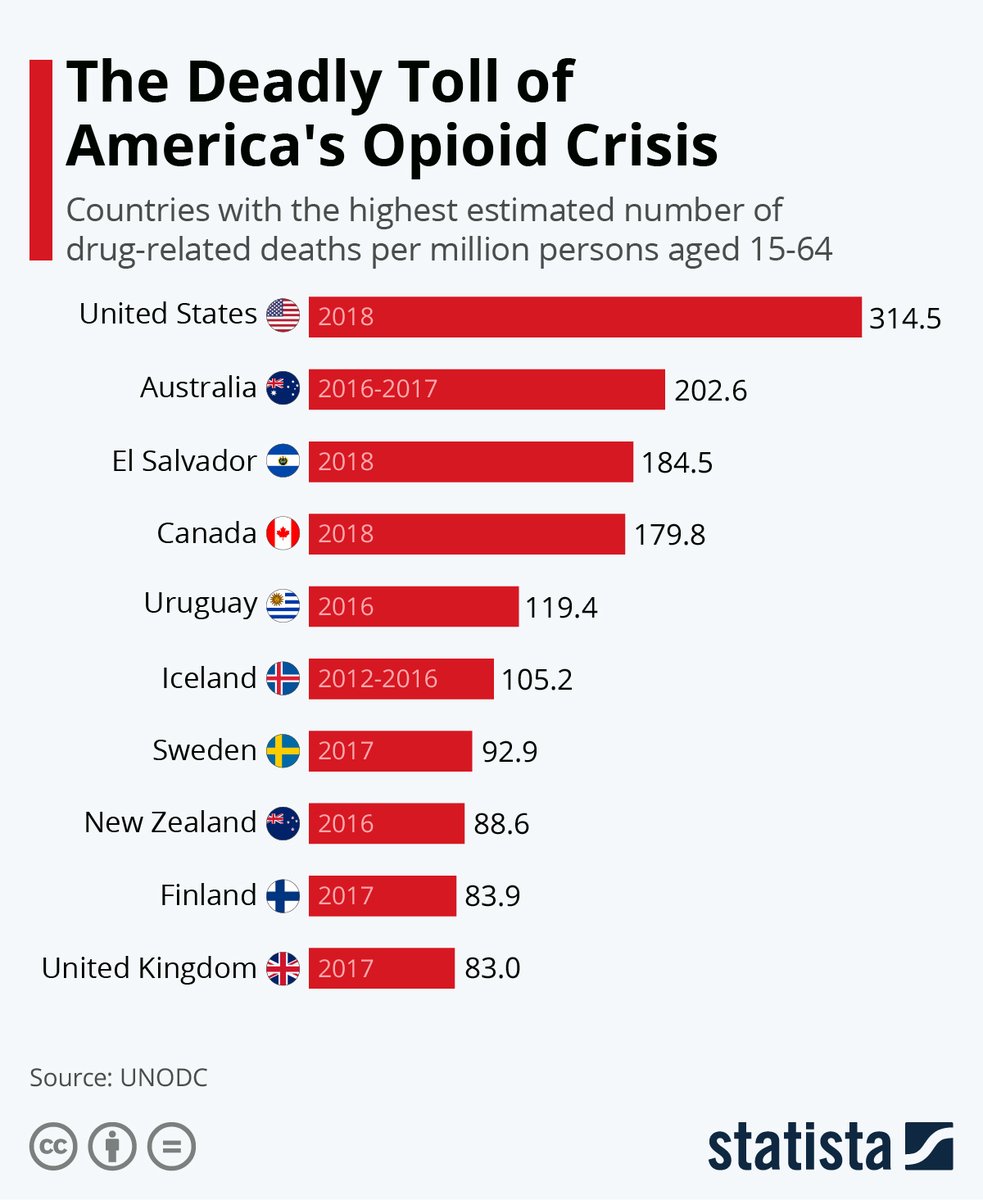
Friedman was blunt about the moral problem: "What business does America have destroying and leading to the killing of thousands of people in Colombia because it cannot enforce its own laws?"
If Americans could actually stop drug demand, there would be no foreign cartels.
If Americans could actually stop drug demand, there would be no foreign cartels.

But here's the kicker. Friedman predicted the government would become the cartels' best business partner.
"By arresting small competitors and keeping prices high, prohibition gives cartels everything a monopolist could dream of."
"By arresting small competitors and keeping prices high, prohibition gives cartels everything a monopolist could dream of."

The results speak for themselves. Cocaine prices fell 80% while purity increased 45%. Small dealers got arrested, big cartels got stronger.
Prohibition created perfect monopoly conditions, exactly as he warned.
Prohibition created perfect monopoly conditions, exactly as he warned.
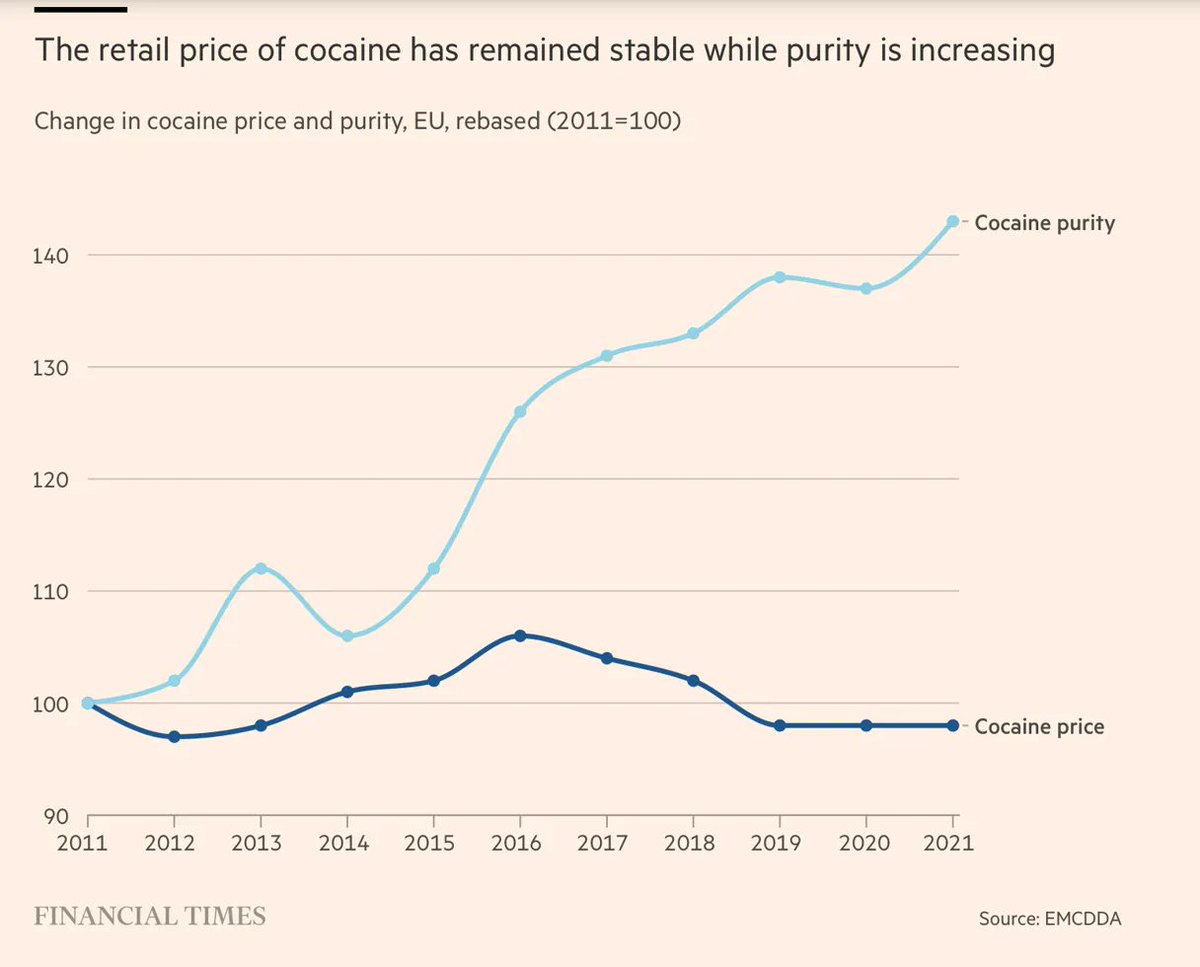
Every single prediction came true with devastating accuracy. Friedman didn't have supernatural powers. He just understood that government interventions create the exact problems they claim to solve.
The pattern is always the same.
The pattern is always the same.
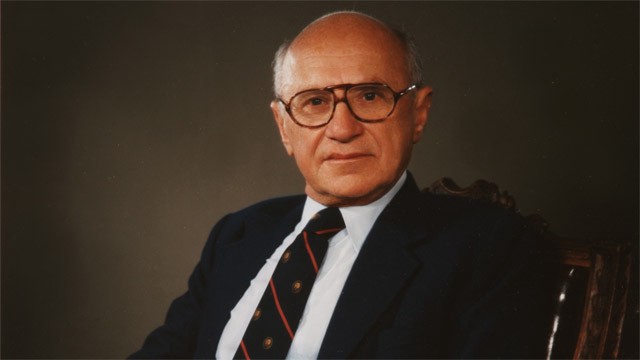
Want to develop the analytical skills that let Friedman see through the lies decades before everyone else?
This free course teaches you to think like Thomas Sowell—the 3 questions that expose weak arguments and why "cosmic justice" makes people manipulable.
👉 go.studentsforliberty.org/npc-sowell/
This free course teaches you to think like Thomas Sowell—the 3 questions that expose weak arguments and why "cosmic justice" makes people manipulable.
👉 go.studentsforliberty.org/npc-sowell/
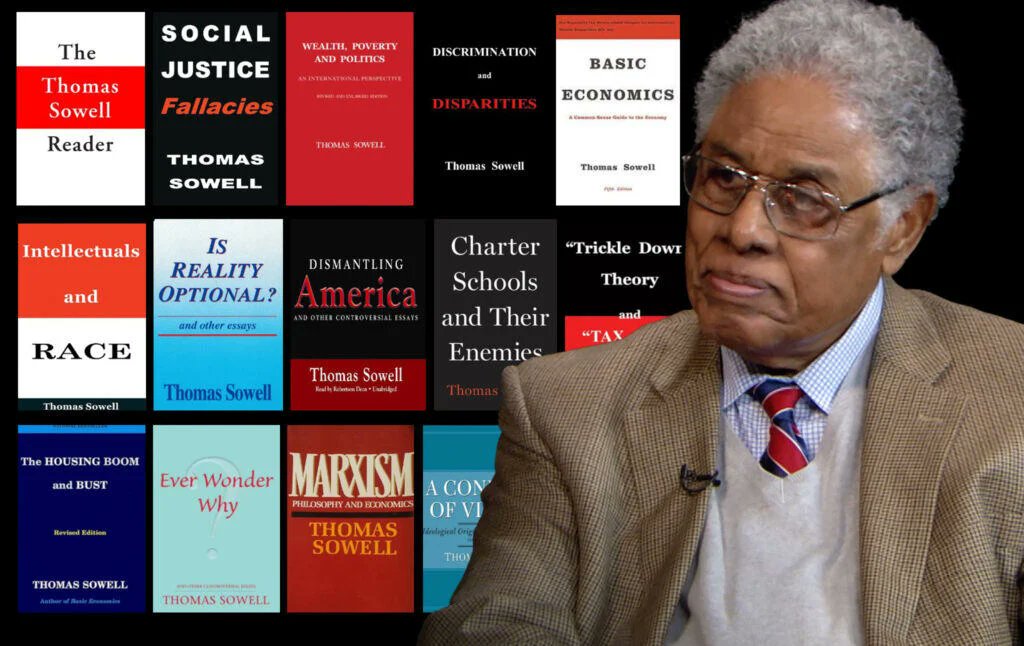
• • •
Missing some Tweet in this thread? You can try to
force a refresh


